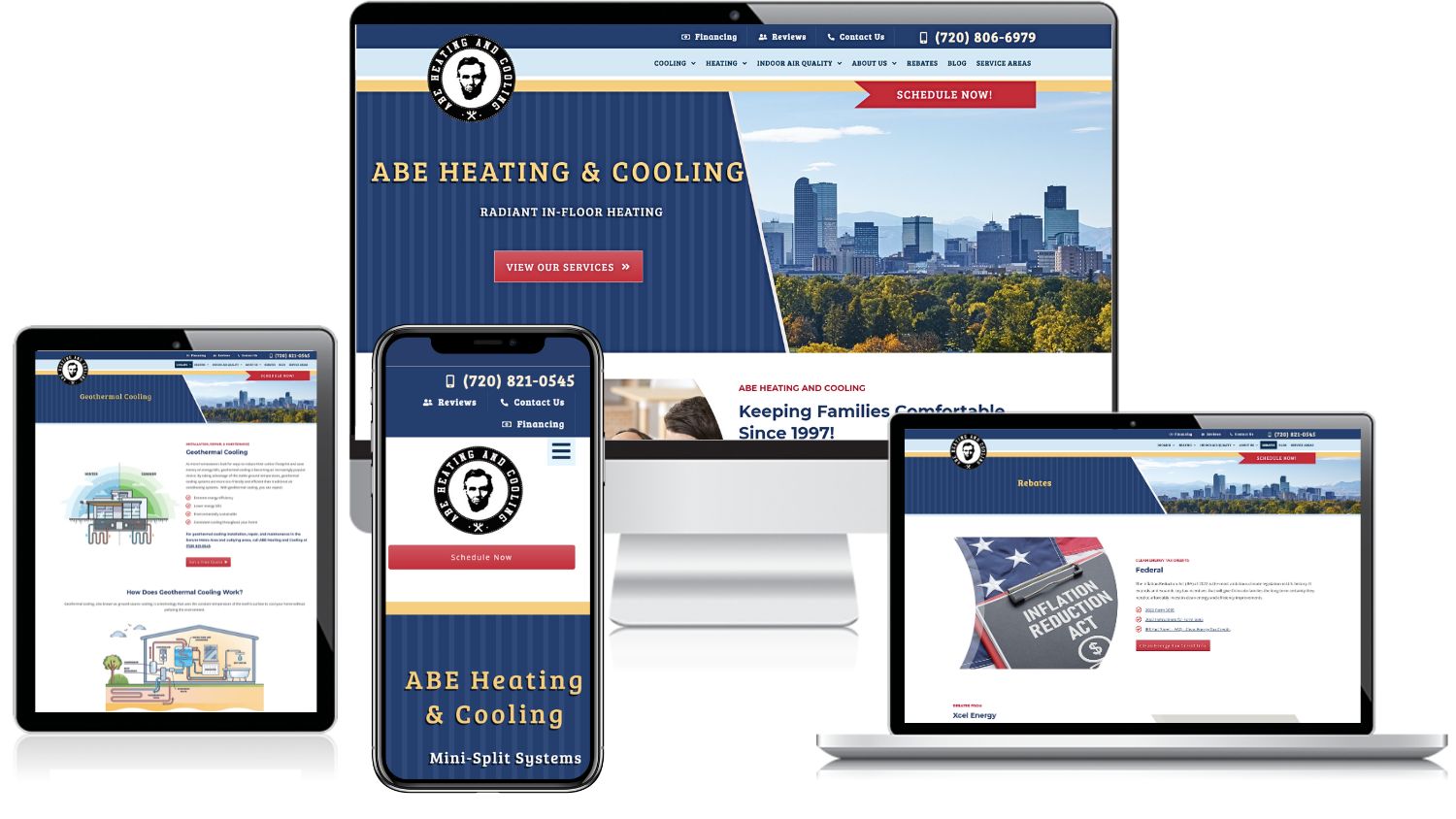How We Help
Social Media Management
Attract Customers & Build Customer Loyalty

Social Media Management
Social Media is an Essential Marketing Strategy
Are your social media efforts falling short of your expectations?
Aspire ID’s social media marketing services help you establish a strong online presence, connect with your target audience, and grow your business through strategic social media management and advertising.
By partnering with Aspire ID, you can focus on providing exceptional services while we handle your social media needs, improve customer engagement, and increase your leads.
Features
Our Social Media Management Practices Include…
Competitive Analysis
Custom Branded Visuals
Consistent Scheduling of Useful & Engaging Content
Integration With Your Website
Managing & Monitoring Your Social Reputation
KPI & Lead Tracking & Reporting
An estimated 4.9 billion people use social media across the world.
Results
Case Studies
We’ve helped our clients achieve measurable results and consistently grow their business.
Industries
Who We Help
Your success is our success and we will work with you to find powerful online solutions that fit your needs.























